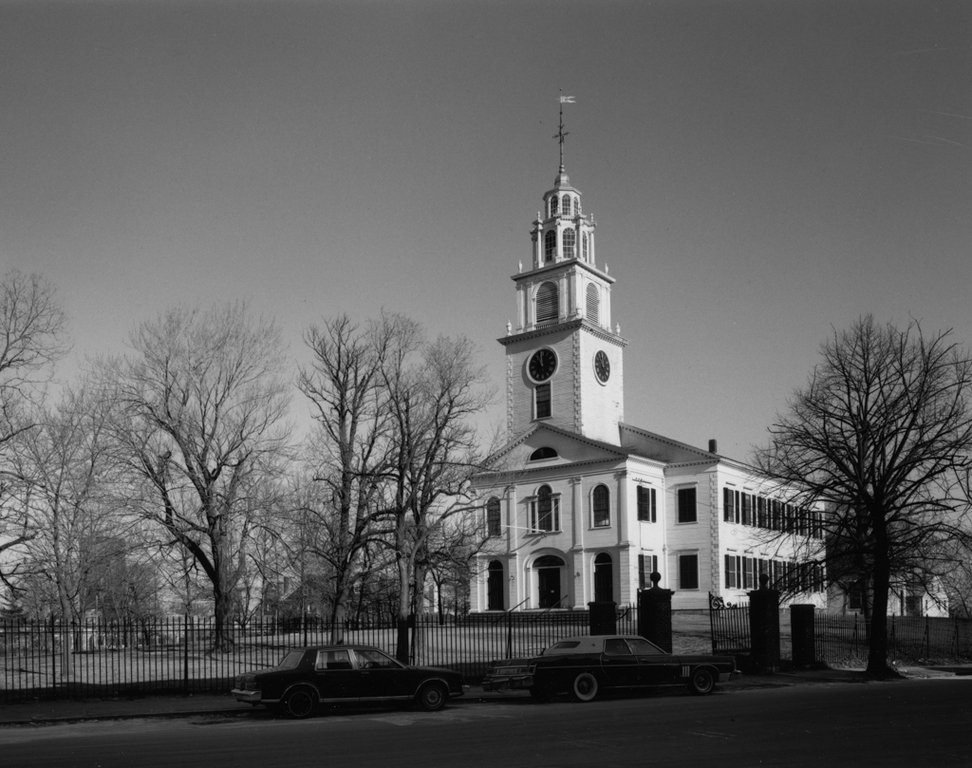REPAIR Case Study Catalog
This catalog of case studies emphasizes the diversity of sites significant in U.S. disability history. Case study subjects range from the Minnesota State Fair, where eugenic themes were woven through home economics exhibits, to the Milwaukee Ordnance Plant, where Deaf women worked on the home front during World War II.
Guidance For Opening a Case Study
Click on the orange title link to open an interactive StoryMaps case study in a new tab within the same browser window.
Click on the image above the orange title link to open the case study on the REPAIR website in the same tab.
Click the “tags” menu to sort case studies according to subject matter.
Tags
- AAPI history
- Accessibility
- Activist
- Architecture/design
- Arts
- Assistive devices
- Black history
- Carceral
- Care webs
- Children's history
- Cognitive disability
- Deafness
- Developmental disability
- Disability rights
- Educational
- Eugenics
- Immigration history
- Incarceration
- Indigenous history
- Industrial
- Intersectionality
- LGBT+ history
- Medical
- Mobility impairments
- Mutual aid
- Neurological disability
- Protest
- Psychiatry/mental illness
- Public
- REPAIR-generated
- Recreation
- Social
- Student-generated
- Wartime
- Women's history
Lafayette Square: Protest in the People’s Park
Lafayette Square - within earshot of where the U.S. president lives and works - has been reclaimed by demonstrators from dozens of social movements for over 100 years.
John Eliot Square District
John Eliot is remembered as an seventeenth-century Puritan evangelist. Who remembers his son, Benjamin?
Eagle Tower
Eagle Tower is a panoramic, sightseeing tower located in Peninsula State Park in Door County, Wisconsin. The tower was first built in 1914 with the intent of creating breathtaking views of Lake Michigan and the surrounding Michigan Islands. The tower was also used as a fire watching station with a telephone line connected to the park manager’s house.
Charles Thompson Memorial Hall
The Progressive Era's preoccupation with group organizing and economic class shaped the history of the first Deaf social club in the U.S.
Northrop Mall
Historic Eurocentric architecture directly reflects a campus' image and has a debilitating effect for those seeking higher education.







